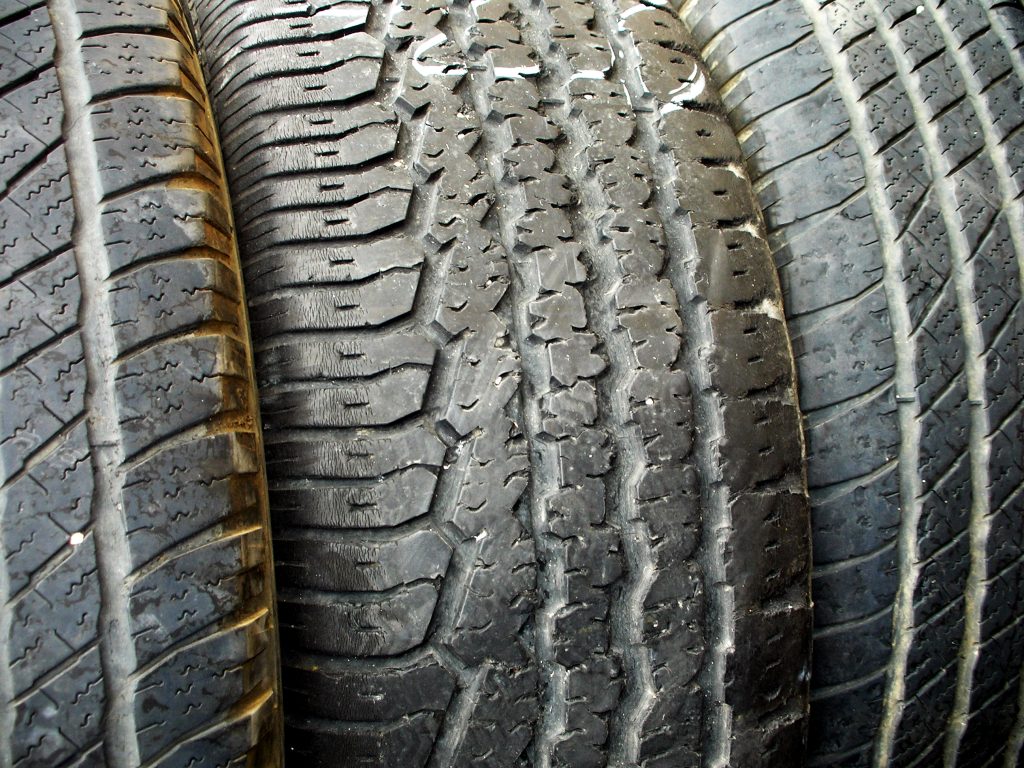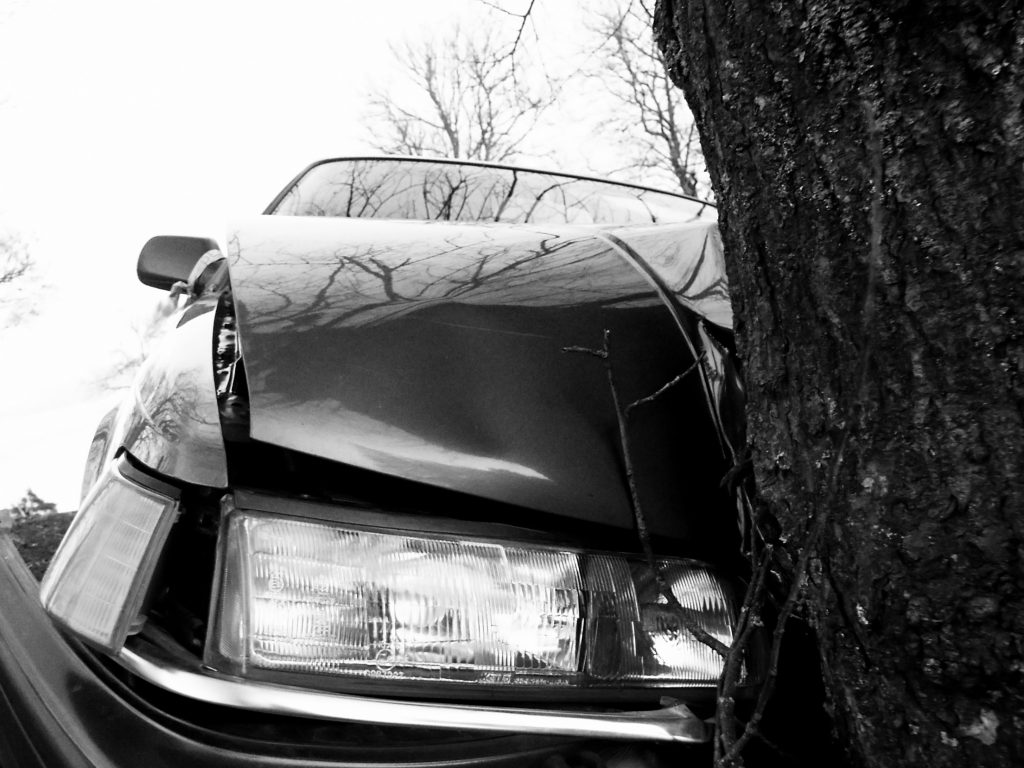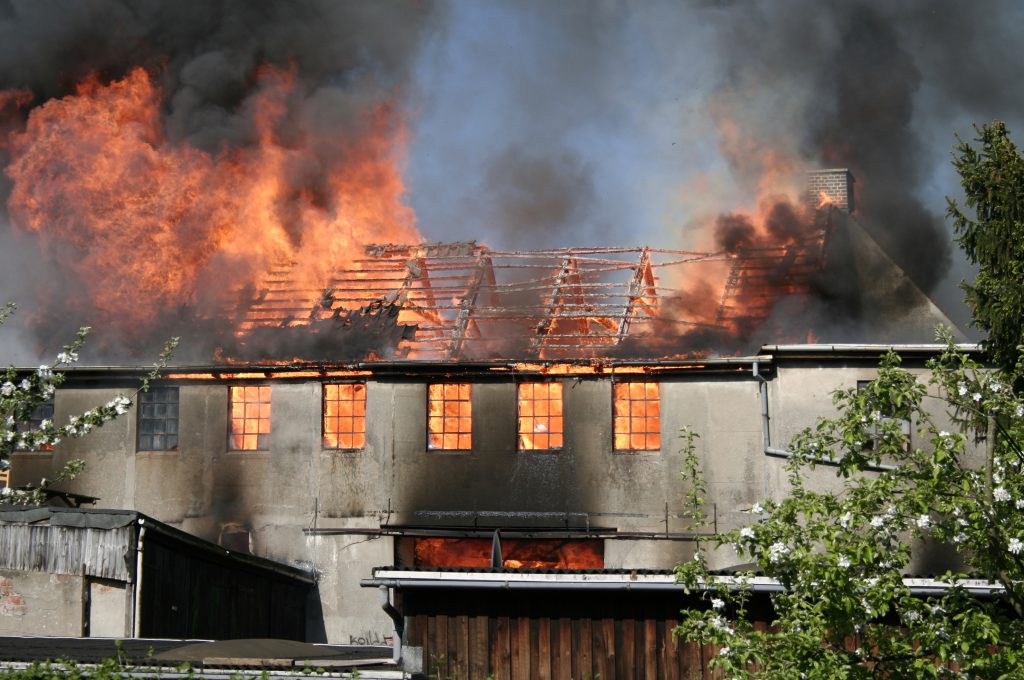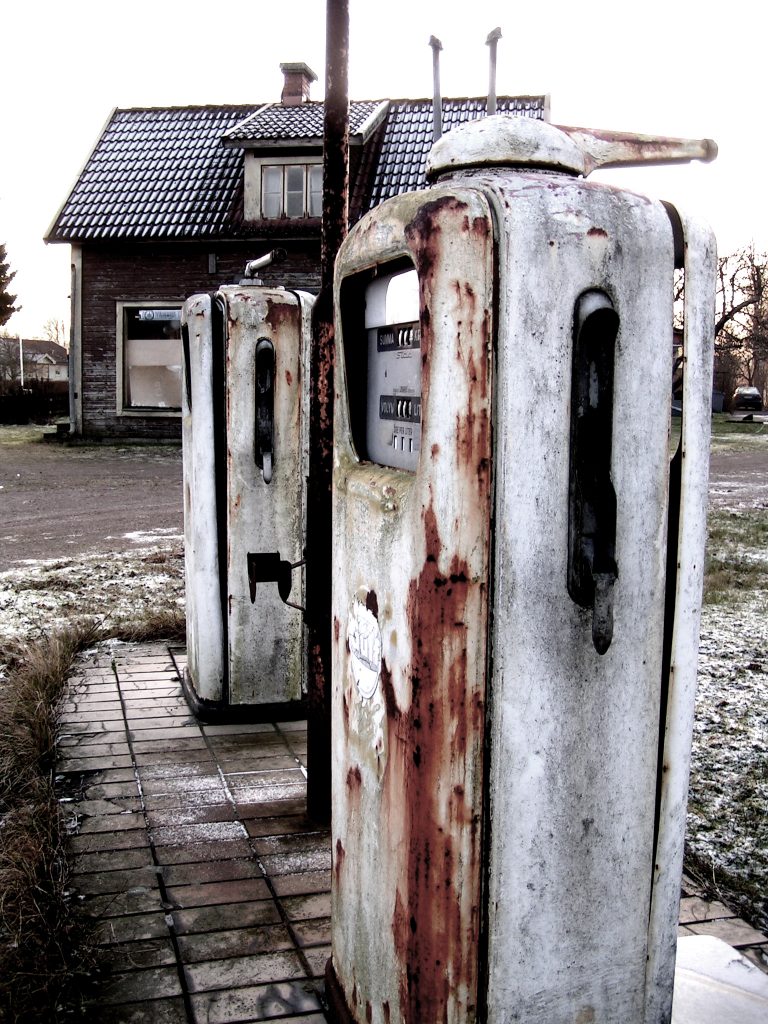 What happens when a plaintiff is injured, and damages are denied? How can a plaintiff prove they suffered injuries from an accident? According to Louisiana law, a plaintiff must prove, by a preponderance of the evidence, that his or her damages were the result of an injury caused by the defendant. Wainwright v. Fontenot, 74 So.2d 70, 77 (La. 2000). The following Louisiana Fifth Circuit case demonstrates the plaintiff’s burden of proof needed for a Louisiana court to award damages.
What happens when a plaintiff is injured, and damages are denied? How can a plaintiff prove they suffered injuries from an accident? According to Louisiana law, a plaintiff must prove, by a preponderance of the evidence, that his or her damages were the result of an injury caused by the defendant. Wainwright v. Fontenot, 74 So.2d 70, 77 (La. 2000). The following Louisiana Fifth Circuit case demonstrates the plaintiff’s burden of proof needed for a Louisiana court to award damages.
On March 5, 2013, Regina, and her minor children, Darren and Darinesha were traveling northward in the center lane of Williams Boulevard when their car was sideswiped by a car driven by Mr. Hashim on Williams Boulevard in Jefferson Parish. The airbags in both cars failed to deploy, and the cars only sustained minor headlight and paint damage. The plaintiffs, Regina Tezeno, and her minor children, Darren and Darinesha Tezeno filed a lawsuit against Mr. Joel Hashim and his insurer.
The district court attributed 100% fault to Mr. Hashim and awarded Regina Tezeno special damages of $1,035.00 and general damages of $4,500.00. Yet, the trial court dismissed the award claims to her minor children with prejudice. The plaintiffs appealed the trial court’s refusal to award damages to the children.
 Louisiana Personal Injury Lawyer Blog
Louisiana Personal Injury Lawyer Blog


 Caveat Emptor
Caveat Emptor A party to a lawsuit may wish to appeal a court’s decision that they find unfavorable. But under Louisiana law, in most situations only final judgments can give the Court of Appeal jurisdiction to hear the case.
A party to a lawsuit may wish to appeal a court’s decision that they find unfavorable. But under Louisiana law, in most situations only final judgments can give the Court of Appeal jurisdiction to hear the case. When you suspect a doctor has provided substandard care for a medical issue, it is important to immediately retain the services of a qualified medical malpractice attorney. Quick action is important because time is not on your side when considering a lawsuit. Here is but one example of how waiting can be detrimental to the plaintiff’s case.
When you suspect a doctor has provided substandard care for a medical issue, it is important to immediately retain the services of a qualified medical malpractice attorney. Quick action is important because time is not on your side when considering a lawsuit. Here is but one example of how waiting can be detrimental to the plaintiff’s case. When a loved one dies from an avoidable accident, a family’s options for recovery include a wrongful death lawsuit. For this claim to succeed, a family often needs to prove that someone had a duty to protect the decedent but acted negligently in causing this death. For wrongful death lawsuits related to building fires, potentially negligent parties include those involved in preventing these disasters: building inspectors and fire marshals.
When a loved one dies from an avoidable accident, a family’s options for recovery include a wrongful death lawsuit. For this claim to succeed, a family often needs to prove that someone had a duty to protect the decedent but acted negligently in causing this death. For wrongful death lawsuits related to building fires, potentially negligent parties include those involved in preventing these disasters: building inspectors and fire marshals. Under Louisiana law, store owners can be held liable for damages if a customer is injured by an unsafe condition while visiting the premises. In November, 2011, Henry Moore, Jr. visited the Murphy Oil gas station and convenience store in Hammond, Louisiana. After making his purchases at the store’s counter, Moore started back toward his car when his foot came in contact with a black plastic pallet supporting a display of bottled water. Moore tripped and stumbled, but didn’t fall to the ground. He then reported the incident to manager on duty. After the incident, when Moore began to suffer back pain, Murphy Oil agreed to pay for Moore’s medical treatment. When Murphy Oil stopped paying for Moore’s treatment after approximately four months, Moore filed a lawsuit for damages, alleging that the water display created an unreasonably dangerous condition.
Under Louisiana law, store owners can be held liable for damages if a customer is injured by an unsafe condition while visiting the premises. In November, 2011, Henry Moore, Jr. visited the Murphy Oil gas station and convenience store in Hammond, Louisiana. After making his purchases at the store’s counter, Moore started back toward his car when his foot came in contact with a black plastic pallet supporting a display of bottled water. Moore tripped and stumbled, but didn’t fall to the ground. He then reported the incident to manager on duty. After the incident, when Moore began to suffer back pain, Murphy Oil agreed to pay for Moore’s medical treatment. When Murphy Oil stopped paying for Moore’s treatment after approximately four months, Moore filed a lawsuit for damages, alleging that the water display created an unreasonably dangerous condition. 
 The Louisiana Code of Civil Procedure provides that a court has wide discretion in granting a continuance (a postponement of the proceedings) in any case where appropriate. See
The Louisiana Code of Civil Procedure provides that a court has wide discretion in granting a continuance (a postponement of the proceedings) in any case where appropriate. See  People bring lawsuits in order to obtain compensation for wrongs they have endured. Even when there is no dispute about liability, determining the appropriate categories and amounts of damages can be complicated as it involves numerous legal and technical issues. Damages can encompass everything from past and future medical expenses to scarring to loss of enjoyment of life. However, there must be sufficient evidence from which a court can draw to support the award of damages. The following lawsuit that stemmed from a fight at a casino illustrates some of these principles.
People bring lawsuits in order to obtain compensation for wrongs they have endured. Even when there is no dispute about liability, determining the appropriate categories and amounts of damages can be complicated as it involves numerous legal and technical issues. Damages can encompass everything from past and future medical expenses to scarring to loss of enjoyment of life. However, there must be sufficient evidence from which a court can draw to support the award of damages. The following lawsuit that stemmed from a fight at a casino illustrates some of these principles. In Louisiana, determining the allocation of fault is an important part of lawsuits because it directly impacts the damages you can be awarded. If you are found 40% at fault, then you will only be able to collect damages for 60% of total damages.
In Louisiana, determining the allocation of fault is an important part of lawsuits because it directly impacts the damages you can be awarded. If you are found 40% at fault, then you will only be able to collect damages for 60% of total damages.